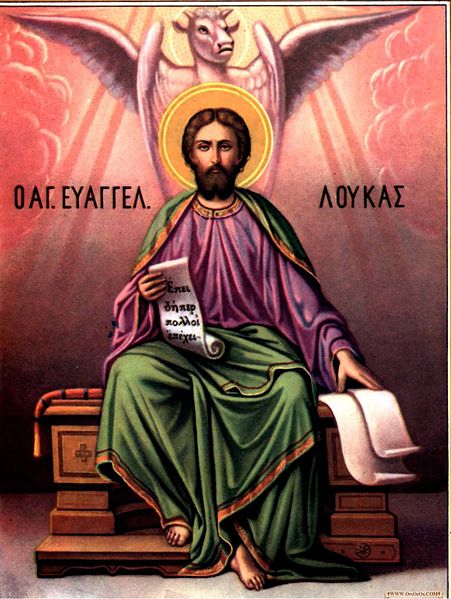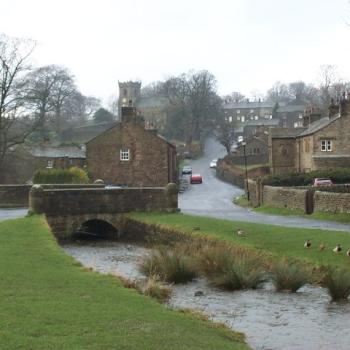
Regarding Luke 2:22, Kent Brown, in The Testimony of Luke, comments as follows:
A woman is to pay a five-shekel tax and offer sacrifice for ritual purity after giving birth to her firstborn—forty days after a male child and eighty after a female. Until she does so, she is judged to be ritually unclean. The sacrifice is to consist of a lamb and either a young pigeon or a turtledove. For the poor, the sacrifice is to be either two pigeons or two turtle-doves, the offering that Luke affirms in 2:24 (see Ex. 13:2, 11–13; Lev. 12:2–8). Importantly, the best manuscripts read “their purification” rather than “her purification.” The discussion is whether the pronoun “their” points to Mary and Joseph or to Mary and Jesus as needing purification. In light of the plural “their,” if Luke obtains his information from Mary about her experience, then he misunderstands it.
Such a misunderstanding might make sense if, as many think, Luke wasn’t Jewish but a Gentile Greek. Incidentally, this is a matter of ritual purity and impurity, not of sin. Jewish thought didn’t regard childbirth as in any way sinful. And the offering that Joseph and Mary make indicates that they were relatively poor.
The Old Testament idea, cited in Luke 2:23, that “Every male that opens the womb shall be called holy to the Lord” shouldn’t be misconstrued as meaning that males as such are holy. Every male that opens the womb refers only to first-born sons. And the basis for the notion is to be located in Exodus 13:1-2:
And the Lord spake unto Moses, saying, Sanctify unto me all the firstborn, whatsoever openeth the womb among the children of Israel, both of man and of beast: it is mine.
Why is this so? Because, during the first Passover evening — the account of which is given in the chapter immediately preceding that commandment — whereas every firstborn son of the Egyptians died, the angel of the Lord passed over the firstborn sons of Israel who had faithfully marked the doors of their houses with the blood of the paschal lamb:
Speak ye unto all the congregation of Israel, saying, In the tenth day of this month they shall take to them every man a lamb, according to the house of their fathers, a lamb for an house . . . Your lamb shall be without blemish, a male of the first year: ye shall take it out from the sheep, or from the goats: And ye shall keep it up until the fourteenth day of the same month: and the whole assembly of the congregation of Israel shall kill it in the evening. And they shall take of the blood, and strike it on the two side posts and on the upper door post of the houses, wherein they shall eat it. . . .
For I will pass through the land of Egypt this night, and will smite all the firstborn in the land of Egypt, both man and beast; and against all the gods of Egypt I will execute judgment: I am the Lord. And the blood shall be to you for a token upon the houses where ye are: and when I see the blood, I will pass over you, and the plague shall not be upon you to destroy you, when I smite the land of Egypt.
Then Moses called for all the elders of Israel, and said unto them, Draw out and take you a lamb according to your families, and kill the passover. And ye shall take a bunch of hyssop, and dip it in the blood that is in the basin, and strike the lintel and the two side posts with the blood that is in the basin; and none of you shall go out at the door of his house until the morning. For the Lord will pass through to smite the Egyptians; and when he seeth the blood upon the lintel, and on the two side posts, the Lord will pass over the door, and will not suffer the destroyer to come in unto your houses to smite you.
And the children of Israel went away, and did as the Lord had commanded Moses and Aaron, so did they.
And it came to pass, that at midnight the Lord smote all the firstborn in the land of Egypt, from the firstborn of Pharaoh that sat on his throne unto the firstborn of the captive that was in the dungeon; and all the firstborn of cattle. And Pharaoh rose up in the night, he, and all his servants, and all the Egyptians; and there was a great cry in Egypt; for there was not a house where there was not one dead. (Exodus 12:3, 5-7, 12-13, 21-30)
Accordingly, all firstborn sons of Israelite parents belong to God, and must be “purchased” from him by a token offering.












